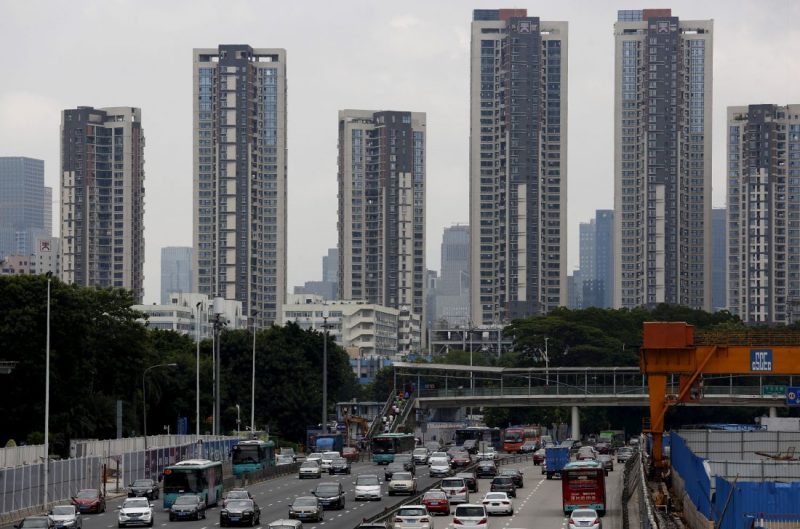BEIJING: China’s new home prices grew in November at their slowest monthly pace since March, official data showed on Monday, as policymakers wary of financial risk in the highly leveraged sector continued to pursue market-cooling measures.
The data comes ahead of a slew of economic figures due for release on Tuesday, from which market watchers hope to determine the strength of recovery of the world’s second-largest economy as the coronavirus-blighted year nears an end.
The average new home price across 70 major cities rose 0.1% in November from the previous month, Reuters calculated from National Bureau of Statistics (NBS) data. That compared with 0.2% on-month growth in October.
Prices rose 4.0% in November from the same month a year earlier, the weakest rate since February 2016. That compared with a 4.3% on-year increase in October.
Despite long term fears of a price bubble, exacerbated by the pandemic and global economic slowdown, there is little evidence that a crash is looming, according to one of China’s top data crunchers.
Sheng Guoqing, NBS chief statistician, said the cooler housing market was largely a result of the stance adopted by local governments that “housing is for living in, not speculation” and their support to the central government’s plan to establish a long-term mechanism for the property sector.
Also Read on ATF
- Japanese companies show surprising confidence in latest tankan survey
- Alibaba, Tencent fined and warned as China ramps up deal scrutiny
- Markets this week: Central bank rate decisions, vaccine news
The data also showed the number of those cities reporting monthly new home price increases fell to 36, from 45 in October – the lowest since February during the height of the pandemic in China, said analyst Zhang Dawei at property agency Centaline.
Zhang attributed the softening momentum to stepped-up market tightening policies, as well as increased supply and discounting as developers ramped up sales activity towards year-end.
Quick recovery
China’s property market has recovered quickly from the Covid-19 pandemic, with home sales and investment growing at a robust pace, prompting the government to step up efforts to deleverage the highly indebted sector to curb financial risk.
However, price rises are uneven and concentrated in the southern Pearl River Delta and eastern Yangtze River Delta. In the north, some cities have seen demand slump after an initial spurt, prompting authorities to act to prevent a market crash.
The government of Harbin in Heilongjiang province has told developers to lower prices, while that of Binzhou in Shandong province plans to distribute “real estate coupons” to help offset home-buying tax.
China’s banking regulator recently highlighted the property sector as a significant risk to financial stability, branding it a “grey rhino” – an obvious yet ignored threat.
As the economy recovers to a more solid footing, analysts expect the government to continue its tough stance towards the sector, with increased scrutiny on the financing activity of both developers and buyers to prevent rampant lending growth.
“We expect the real estate market policy in 2021 will be marginally tighter than this year,” said Xie Chen, head of research at advisory CBRE China. “We expect new home construction and sales to fall slightly in 2021 from this year, while home prices are likely to remain largely stable.”
- Reuters. With Liangping Gao, Chris Gill and Ryan Woo
























